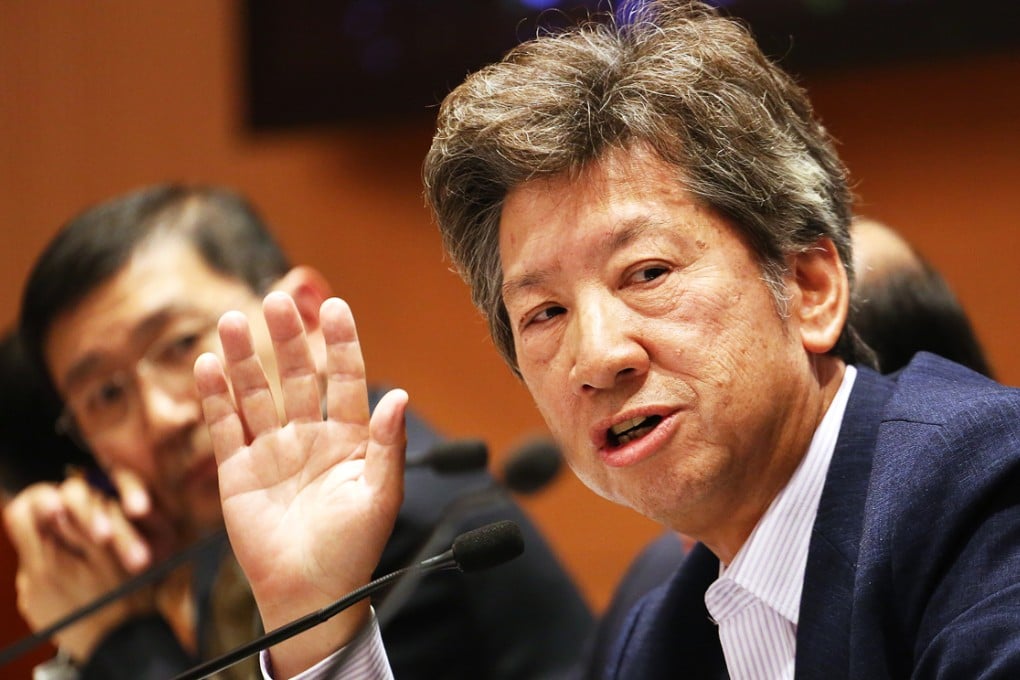Occupy Central organisers heading for a split after failed escalation?
Pan-democratic lawmakers come out against student-led escalation as dissent grows over the way forward for two-month-old movement

The key organising groups behind Occupy Central are edging further apart after pan-democratic lawmakers and Occupy's co-founders distanced themselves from a student-led escalation of the protests on Sunday.
For the first time since the protests began in late September, previously supportive lawmakers struck a note of dissent, with 23 of the 27 pan-democrats on the Legislative Council signing a joint statement urging student leaders not to escalate the campaign to avoid further injuries. They also condemned police "brutality".
The Occupy trio - who co-hosted the sit-in with leaders of the Federation of Students and Scholarism - have also faded from the limelight in recent days. None of the three - academics Benny Tai Yiu-ting and Dr Chan Kin-man, and the Reverend Chu Yiu-ming - were present for the attempt to blockade government headquarters on Sunday.
"Pan-democrats actually had no idea of the details of the operation," Civic Party lawmaker Ronny Tong Ka-wah said yesterday. "We only knew about the plan to besiege government headquarters via unofficial channels and media reports."
Lawmakers and the Occupy trio are said to have raised concerns at a meeting with students and other groups last week, warning that escalation was unwise with public support waning.
Sources close to Occupy revealed that the three had floated the idea of handing themselves in to police on Sunday to pre-empt the escalation. Others at the meeting persuaded them to stick to the original plan of handing themselves in this Friday.